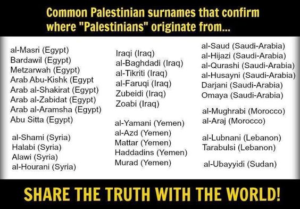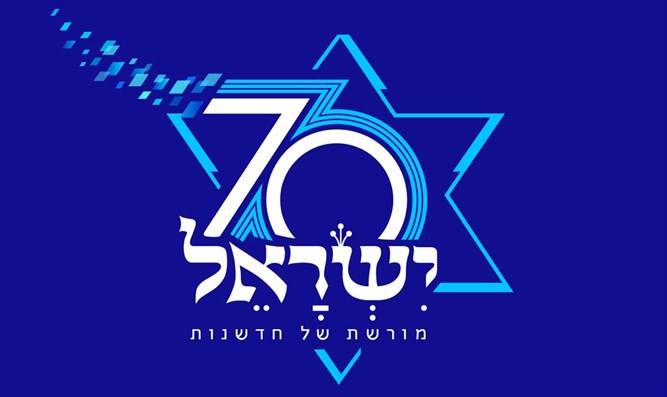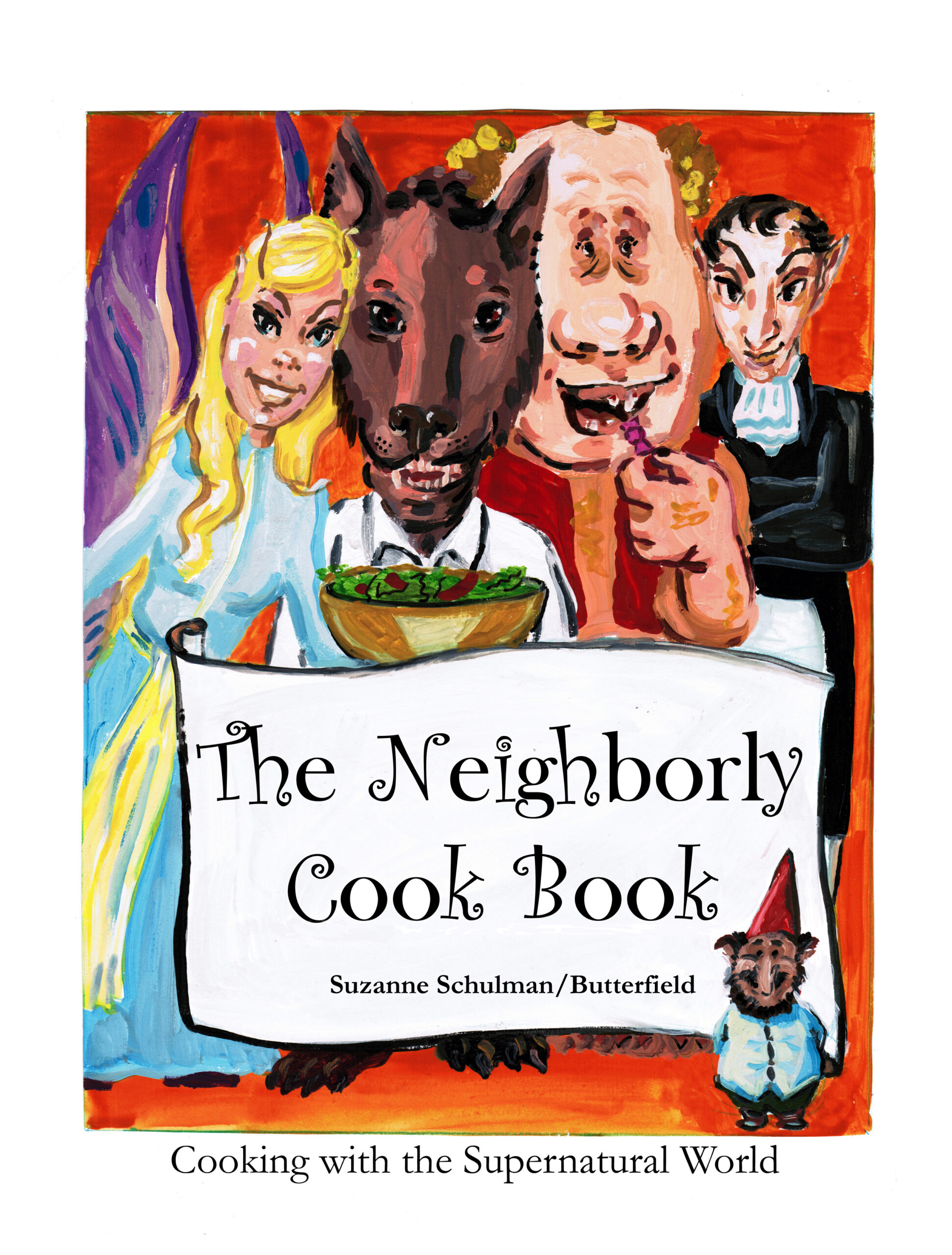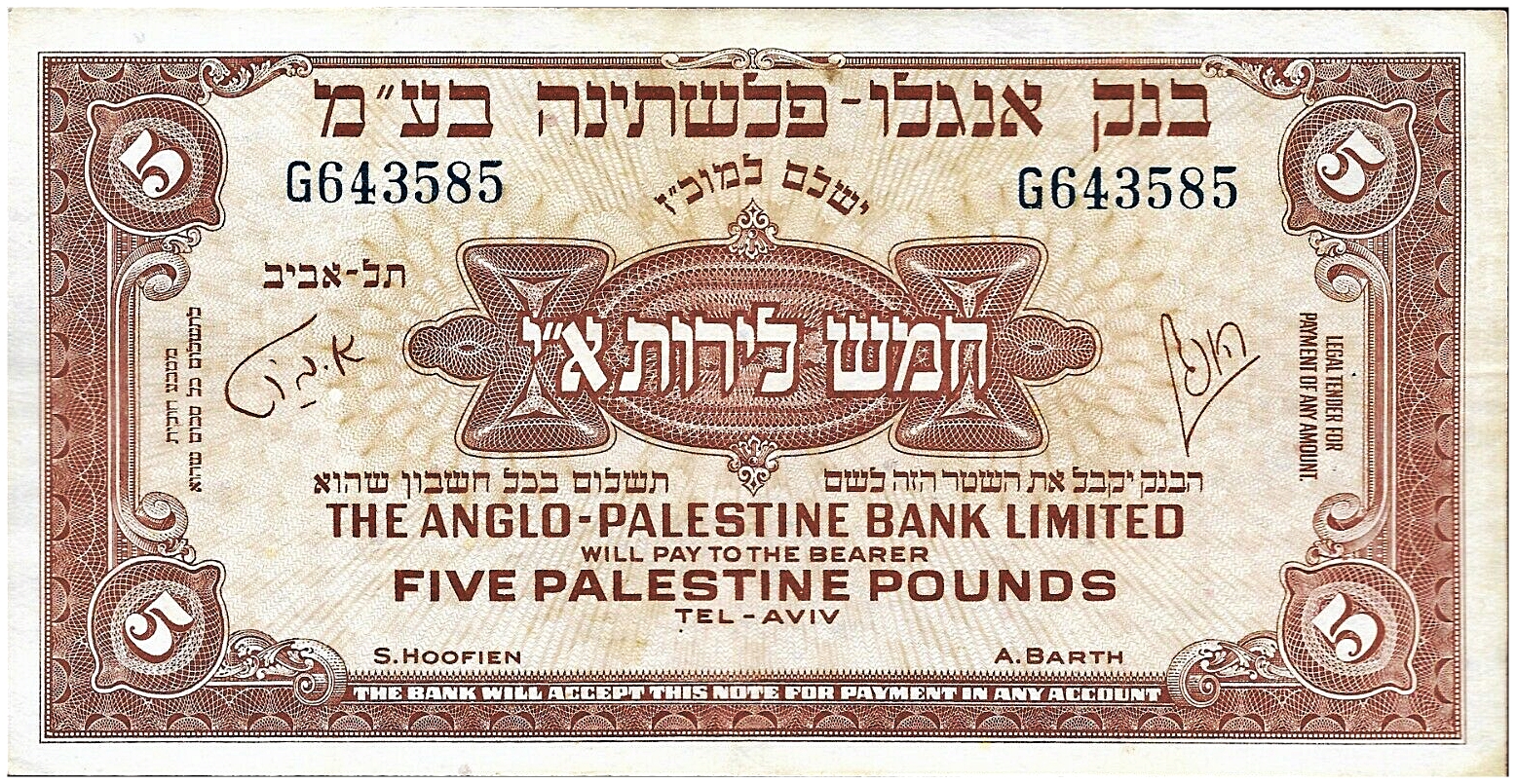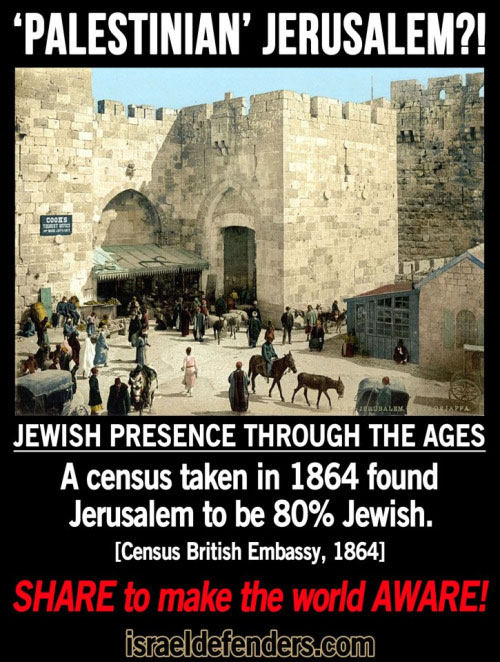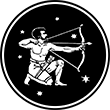
Seven Laws of Noah
The rainbow is the unofficial symbol of the Noahide Movement, recalling the rainbow that appeared after the Great Flood of the Bible.
In Judaism, the Seven Laws of Noah (Hebrew: שבע מצוות בני נח Sheva mitzvot B’nei Noach), or the Noahide Laws, are a set of moral imperatives that, according to the Talmud, were given by God[1] as a binding set of laws for the “children of Noah” – that is, all of humanity.[2][3]
According to Judaism, any non-Jew who adheres to these laws is regarded as a righteous gentile, and is assured of a place in the World to Come (Hebrew: עולם הבא Olam Haba), the final reward of the righteous.[4][5]
The seven laws listed by the Tosefta dated to 220 CE and the Babylonian Talmud dated to 300 CE are:[6]
- The prohibition of Idolatry.
- The prohibition of Murder.
- The prohibition of Theft.
- The prohibition of Sexual immorality.
- The prohibition of Blasphemy.
- The prohibition of eating flesh taken from an animal while it is still alive.
- The requirement of maintaining courts to provide legal recourse.
The Noahide laws comprise the six commandments which were given to Adam in the Garden of Eden, according to the Talmud’s interpretation of Gen 2:16,[7] and a seventh precept, which was added after the Flood of Noah. According to Judaism, the 613 commandments given in the written Torah, as well as their explanations and applications discussed in the oral Torah, are applicable to the Jews only, and non-Jews are bound only to observe the seven Noahide laws.





